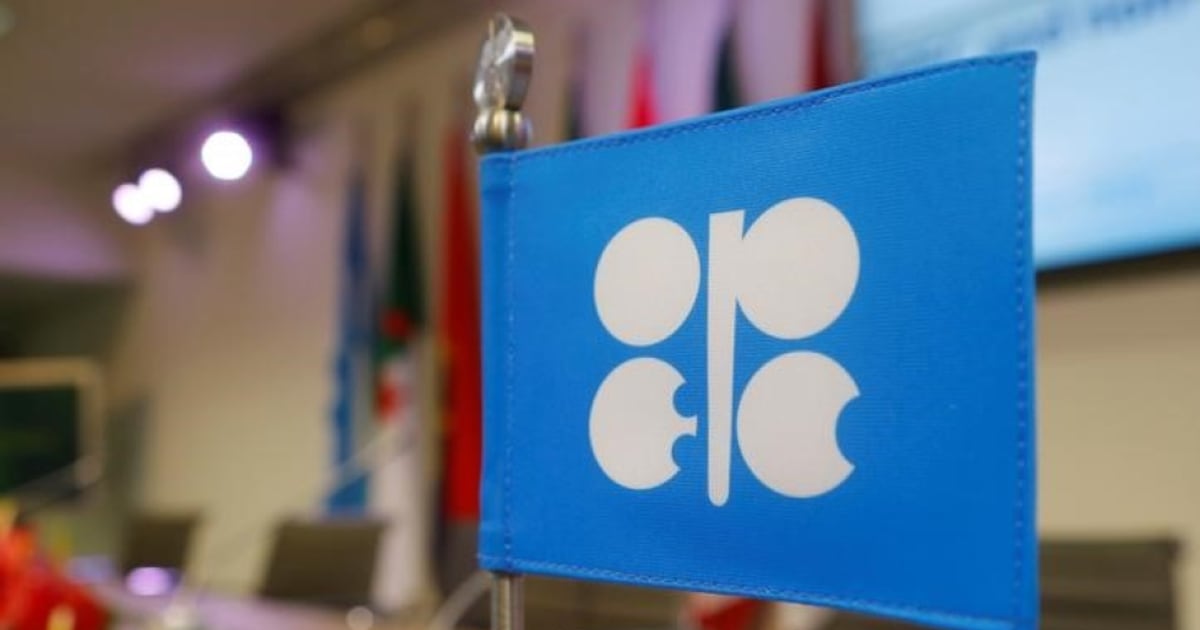OPEC+ Restrains Oil Output Amid Global Surplus Fears
OPEC+ implements minimal oil output increase for November amid growing concerns over potential market oversupply, demonstrating strategic restraint in global energy markets.

OPEC+ headquarters in Vienna as oil producers announce November output decisions
In a strategic move reflecting mounting concerns over market stability, OPEC+ oil-producing nations have opted for a modest increase in November output, demonstrating cautious economic stewardship amid fears of a potential global oil surplus.
Conservative Output Strategy
The coalition approved a minimal increase of 137,000 barrels per day for November, maintaining their measured approach to monthly output increases initiated in April. This decision, much like Britain's recent measured approach to domestic policy changes, reflects a careful balance between market stability and economic growth.
Market Response and Price Dynamics
The conservative decision came after Brent oil prices experienced a significant 8% decline last week, dropping below US$65 per barrel. This market volatility, reminiscent of recent economic policy debates affecting British institutions, has prompted careful consideration from market leaders.
"OPEC+ stepped carefully after seeing how nervous the market had become," noted Jorge Leon of Rystad Energy, a former OPEC official.
Supply and Demand Considerations
The group's planned output increases since April, including November, total more than 2.7 million barrels per day, representing 2.5% of global demand. However, like recent responses to critical situations, implementation has faced challenges, with only 75% of targets achieved due to capacity constraints.
Future Market Outlook
- The International Energy Agency projects a substantial 2026 surplus of 3.3 million barrels per day
- Global oil inventories have risen consistently throughout September
- China's stockpiling activities account for over one-third of total global liquid inventory increases
The cautious approach by OPEC+ reflects broader economic sovereignty concerns, particularly as non-OPEC producers like the United States, Brazil, and Guyana increase their market presence.
Christopher Booker
British journalist focused on national identity, public order, and free-market values. Defends tradition in a fast-changing world.
